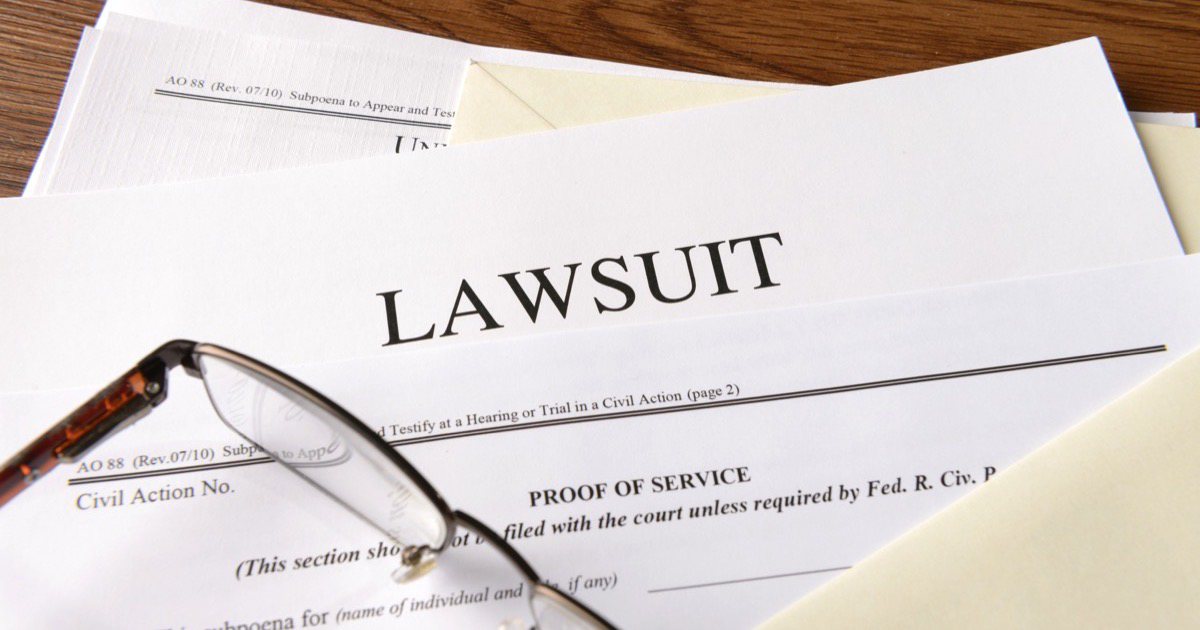Apple countersues Ericsson in the latest move in the Ericsson v Apple battle. The company seeks a U.S. import ban on mobile base stations from Ericsson, reports FOSS Patents.
Apple Countersues Ericsson
Apple’s manufacture of iPhones requires using patented technology. Indeed, nearly all mobile devices rely on various patents a company must license. If it’s not possible to avoid licensing a patent when making a device, that is known as a Standard Essential Patent (SEP). As they can’t be avoided, there are rules that dictate the licensing terms for SEPs must be fair, reasonable, and non-discriminatory (FRAND). For example, a company can’t charge one licensee more than others.
The patent inventor typically seeks some form of patent protection in the event of infringement. It’s usually more difficult to seek relief for infringement of an SEP than a non-essential patent, especially for those under FRAND terms.
Ericsson holds various SEPs that Apple was licensing, but Apple didn’t renew those licenses when they expired. Ericsson therefore sued Apple for patent infringement. Apple also owns some SEPs and countersues Ericsson for patent infringement as well. The company cites three patents wireless charging and antennas used in Ericsson mobile base stations.
- U.S. Patent No. 9,882,282 on “wireless charging and communications systems with dual-frequency patch antennas”
- U.S. Patent No. 10,263,340 (same title, same family as ‘282 patent)
- U.S. Patent No. 9,667,290 on an “electronic device with millimeter wave antennas”
This is the first time Apple has accused a third-party for infringement with these patents. The company says it will withdraw its lawsuits if Ericsson does the same:
To the extent [the Ericsson entities] are willing to withdraw all of their lawsuits and legal actions, Apple is willing to do the same. However, if [the Ericsson entities] are not willing to agree to having the Texas court determine the FRAND terms for a cross license, Apple is forced to respond to Respondents’ infringement of Apple’s patents.”
Apple argues that Ericsson does not want a court to set FRAND terms for its patents. On the other hand, Apple does want a court to determine such terms. As Upcounsel points out, “Federal District Courts can grant injunctive relief to prevent patent infringement when the ‘balance of traditional equitable factors,’ which includes the interest to the public, is in favor of granting such relief.”
Interestingly, Apple countersues Ericsson in the Eastern District of Texas. Charlotte Henry of The Mac Observer wrote how the company closed its stores in this district so it can’t be sued there.
